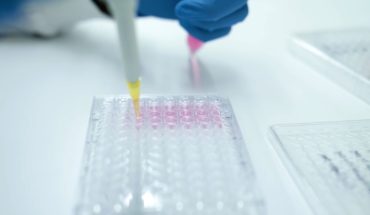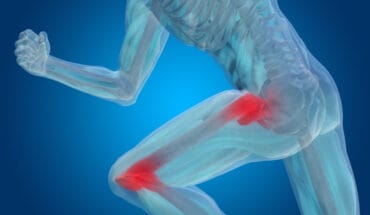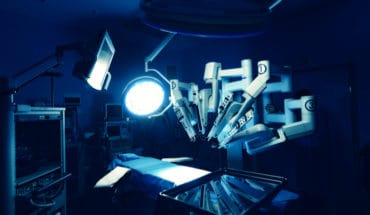MATTU, the UK’s first International Centre of Telemedicine based at Surrey University and the Royal Surrey County Hospital, has telementoring facilities that links to hospitals and research centres all over the world.
A advanced operating theatre allows key-hole specialist surgeons to coach people from as far afield as China, the East Coast of America and Africa in the latest techniques which are helping to minimise hospitalisation stays and complications. Cameras and microphones relay live broadcasts which can then be viewed online. Viewers can interact with the surgeons in real time.
The Media Control System is a tele/video conferencing system which connects the OR1 to the MATTU unit via fibre optics. Up to 80 surgeons can watch proceedings and interact with the surgeon via a two way audiovisual link. The system can further link to other hospitals and universities via high bandwidth telephone lines and satellite.
Professor Bailey, President of the Association of Endoscopic Surgeons of Great Britain, is convinced that teletraining has an important role to play in future global medical training. “The advantages are too great to ignore,” he says.
Plasma screens showing CT scans downloaded from central hospital database. X-Rays, scans can be accessed instantly, blown up, printed out and e-mailed to other hospitals.
Latest posts by Hippocratic Post (see all)
- Gut microbiome could delay onset of type 1 diabetes - 3rd April 2025
- The da Vinci 5 Robot Is Set To Transform Bariatric Care: - 31st March 2025
- Beyond money: the hidden drivers fuelling child food insecurity - 31st March 2025







It is exciting to see how technology is transforming the field of surgery through telementoring. It’s great to hear that surgeons in developing countries are now able to receive guidance and support from experts in other parts of the world through video conferencing and other digital tools. This could be a game-changer for improving patient outcomes and reducing the gap in surgical care between different regions. I hope this trend continues to grow and benefit more people in need.